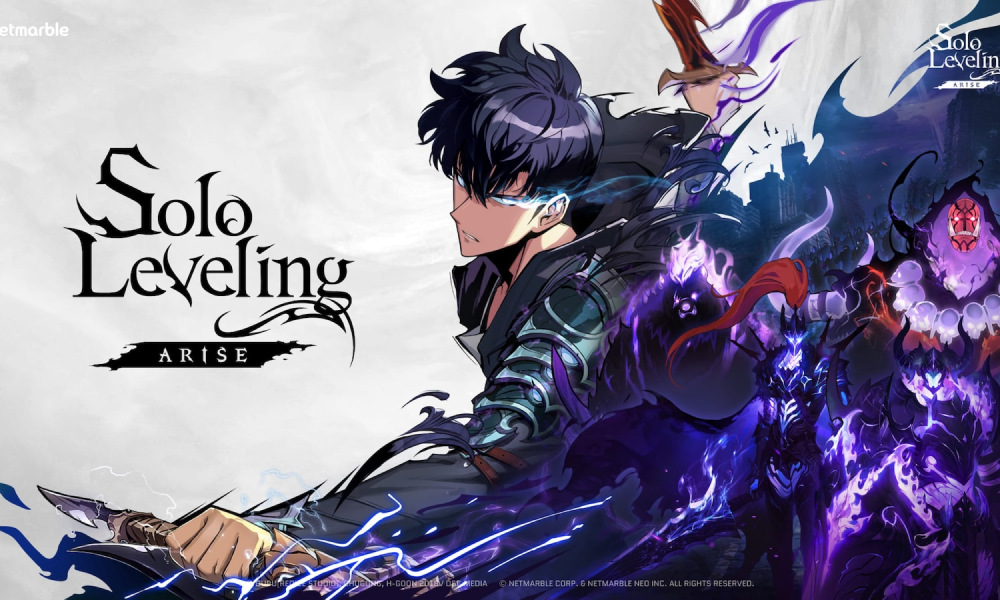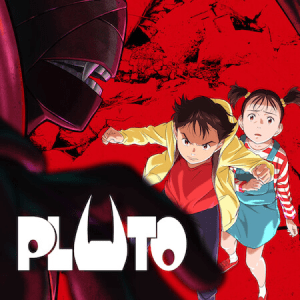
Exploring Robotic Consciousness
The story of Pluto starts In the early 1940s, science started exploring the idea of brains in robots with human-like consciousness, thanks to “Isaac Asimov” and his three robotic laws.
These rules, crucial for future technology, get confusing when advanced AI handles complex human emotions, inheriting its creators’ mistakes. Netflix’s new anime, Pluto, pushes this idea to the limit, making us ponder: Can robots have a soul?
Adapted from Naoki Urasawa’s manga, Pluto, directed by Toshio Kawaguchi and produced by Netflix, brings to life a story inspired by Osamu Tezuka’s Astro Boy. Shinshuu Fuji and Youko Hikasa lend their voices to protagonists Gesicht and Atom.
Unraveling a World at War
In a world resembling ours, torn by war driven by colonial ambitions, Interpol’s robot detective Gesicht investigates Pluto, a mysterious robot destroying advanced robots. As Gesicht delves into the case, his own troubled past resurfaces, entwining with Pluto’s vengeful actions.
Pluto unveiled in detail a world that seems utopian with robots as neighbors and co-workers. But, the power imbalance becomes clear through menial tasks and hazardous jobs assigned by human overlords.
Emotion-Driven Storytelling
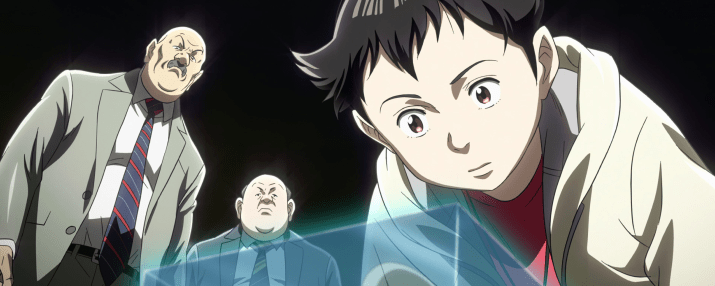
The storytelling approach focuses on character perspectives, seen in the grief over Mont Blanc’s death and Gesicht’s challenges in the investigation. While the murder mystery steps back, the story dives into the emotional journeys of robots, highlighting their hopes and dreams, proving their humanity.
The narrative, influenced by character backstories, initially puts Gesicht on the sidelines. However, this strategic move clears distractions, allowing Gesicht’s past to slowly unravel. As a detective with limited firepower, Gesicht witnesses advanced robotics succumb to Pluto’s onslaught.
A subplot involving an anti-robot cult reveals Gesicht’s past, turning him into a conflicted protagonist with amnesiac tendencies. The story emphasizes the similarity between Gesicht and his prime suspect, turning the cat-and-mouse chase into a debate on the coexistence of good and evil.
Political Undertones and Consequences
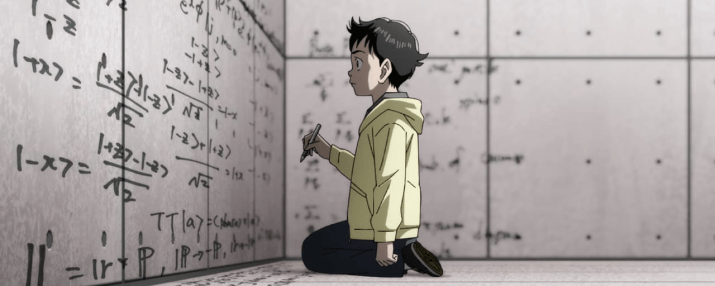
Toshio Kawaguchi’s direction of Netflix’s Pluto mirrors real-life events like the Second Gulf War, exploring a futuristic war between the Persia Kingdom and the United States of Thracia, portraying robots as tools of war. The series delves into the consequences of violence, highlighting how it begets more violence.
Pluto’s expansive world immerses viewers in an international mystery. The series focuses on world-building, connected stories for supporting characters. The narrative explores familial relationships, particularly father-son dynamics, contributing to the overall depiction of the human condition.
Studio M2’s animation, with contributions from MAPPA and Tezuka Productions, showcases impressive visuals that seamlessly blend ethnic and techno-modern elements. The animation focuses on storytelling, delaying elaborate fight sequences until later in the series.
Journey Through Wars and Conspiracies
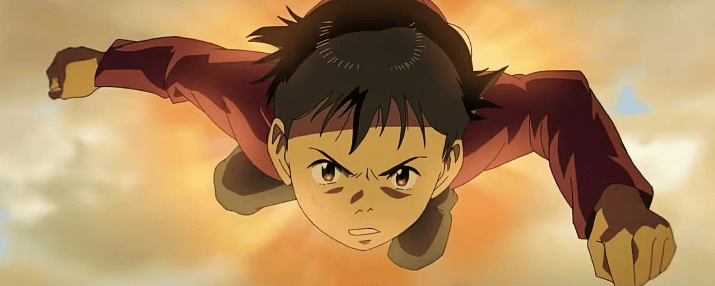
Pluto’s journey encompasses a reimagined 1964 story, addressing contemporary issues and intertwining devastating wars with world-shattering conspiracies. The series explores Asimov’s laws by examining how artificial intelligence understands human emotions. Yugo Kanno’s music enhances the atmosphere, resonating with the narrative’s tension. Pluto’s animation style and character development overcome any pacing issues, ultimately achieving the challenging task of keeping up with Urasawa’s masterpiece.
Still deciding what to watch? Check out the top 10 popular anime this 2023!
0 Reviews
Anime fanatic, author, and dancer, Clark M writes with passion and insight, keeping the community updated from an observant and detailed fan's perspective.








